Description
Biotin (Vitamin B7): Your Comprehensive Guide to Benefits, Sources, and Deficiency
Biotin, also known as vitamin B7 or vitamin H, is a water-soluble vitamin vital for numerous bodily functions. While often touted for its role in hair, skin, and nail health, biotin’s benefits extend much further, playing a crucial role in metabolism, nerve function, and overall well-being. This article provides a comprehensive guide to biotin, exploring its benefits, dietary sources, signs of deficiency, and important considerations.
What is Biotin and Why is it Important?
Biotin is a B vitamin that helps convert food into energy. Specifically, it acts as a coenzyme for several carboxylase enzymes, which are involved in:
- Metabolism of carbohydrates, fats, and proteins: Biotin helps break down these macronutrients, allowing the body to utilize them for energy production.
- Gluconeogenesis: This process involves creating glucose from non-carbohydrate sources like amino acids and glycerol. Biotin plays a vital role in this process, ensuring a stable supply of energy for the body.
- Fatty acid synthesis: Biotin is essential for the production of fatty acids, which are important for cell structure, hormone production, and energy storage.
Benefits of Biotin:
While research is ongoing, biotin is often associated with the following potential benefits:
- Hair, Skin, and Nail Health: This is perhaps the most popularly associated benefit. While evidence is mixed, some studies suggest that biotin supplementation can improve hair thickness, reduce nail brittleness, and improve skin hydration, especially in individuals with a deficiency.
- Metabolic Support: By assisting in the metabolism of macronutrients, biotin can contribute to healthy energy levels and overall metabolic function.
- Blood Sugar Control: Some research suggests that biotin may help improve blood sugar control in individuals with diabetes, although more studies are needed to confirm these findings.
- Nerve Function: Biotin plays a role in the health and function of the nervous system, potentially contributing to healthy nerve transmission and reducing nerve pain (neuropathy) in some individuals.
- Fetal Development: Biotin is crucial for normal fetal development. Pregnant and breastfeeding women often require increased biotin intake to support the needs of both mother and child.
Dietary Sources of Biotin:
Fortunately, biotin is widely available in various foods, making deficiency relatively uncommon in individuals with a balanced diet. Excellent sources of biotin include:
- Organ Meats: Liver, kidney, and other organ meats are exceptionally rich in biotin.
- Eggs: Especially the yolk, eggs are a good source of biotin.
- Nuts and Seeds: Almonds, walnuts, pecans, sunflower seeds, and other nuts and seeds contain biotin.
- Certain Vegetables: Sweet potatoes, spinach, broccoli, and cauliflower contain some biotin.
- Mushrooms: Certain types of mushrooms are a decent source of biotin.
- Legumes: Beans, peas, and lentils contain varying amounts of biotin.
- Whole Grains: While not as rich as other sources, whole grains can contribute to overall biotin intake.
Signs of Biotin Deficiency:
Biotin deficiency is rare but can occur due to certain medical conditions, medications, or lifestyle factors. Symptoms of biotin deficiency may include:
- Hair Loss: This is a common symptom, often accompanied by thinning hair.
- Brittle Nails: Nails may become weak, brittle, and prone to breakage.
- Skin Rashes: Scaly, red rashes, often around the mouth, nose, and eyes, can develop.
- Neurological Symptoms: Fatigue, depression, seizures, and neurological problems can occur in severe cases.
- Muscle Pain: Aches and pains in the muscles are possible.
- Digestive Issues: Loss of appetite and nausea can occur.
Who is at Risk of Biotin Deficiency?
Certain groups are more susceptible to biotin deficiency:
- Pregnant and Breastfeeding Women: The demands of pregnancy and lactation can increase biotin requirements.
- Individuals with Biotinidase Deficiency: This rare genetic disorder prevents the body from properly processing biotin.
- People Undergoing Prolonged Parenteral Nutrition (IV Feeding): Without biotin supplementation, these individuals are at risk of deficiency.
- Individuals with Inflammatory Bowel Disease (IBD): IBD can impair nutrient absorption, potentially leading to biotin deficiency.
- Chronic Alcohol Abusers: Alcohol can interfere with biotin absorption.
- People Who Consume Large Amounts of Raw Eggs Whites: Raw egg whites contain avidin, a protein that binds to biotin and prevents its absorption.
Biotin Supplementation:
While a balanced diet is generally sufficient for meeting biotin needs, supplementation may be considered in certain situations. Over-the-counter biotin supplements are readily available, typically in doses ranging from 100 mcg to 10,000 mcg.
Important Considerations:
- Consult Your Doctor: Before starting any new supplement, including biotin, consult with your doctor or a qualified healthcare professional, especially if you have any underlying medical conditions or are taking medications.
- Medication Interactions: Biotin can interact with certain medications, such as anticonvulsants.
- Lab Test Interference: High doses of biotin can interfere with certain lab tests, potentially leading to inaccurate results. Inform your doctor if you are taking biotin supplements before undergoing any blood tests.
- No Known Upper Limit: While there’s no established Tolerable Upper Intake Level (UL) for biotin, it’s generally recommended to stick to recommended dosages to avoid potential side effects.
Conclusion:
Biotin plays a vital role in maintaining overall health and well-being. While often associated with hair, skin, and nail health, its involvement in metabolism, nerve function, and fetal development is equally important. Ensuring adequate biotin intake through a balanced diet rich in biotin-rich foods is generally sufficient. However, supplementation may be considered in specific situations, always under the guidance of a healthcare professional. By understanding the benefits, sources, and potential risks associated with biotin, you can make informed decisions to support your health and vitality.

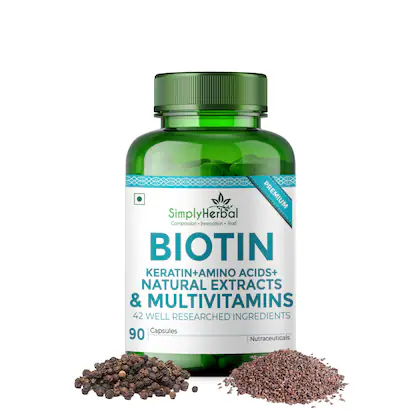
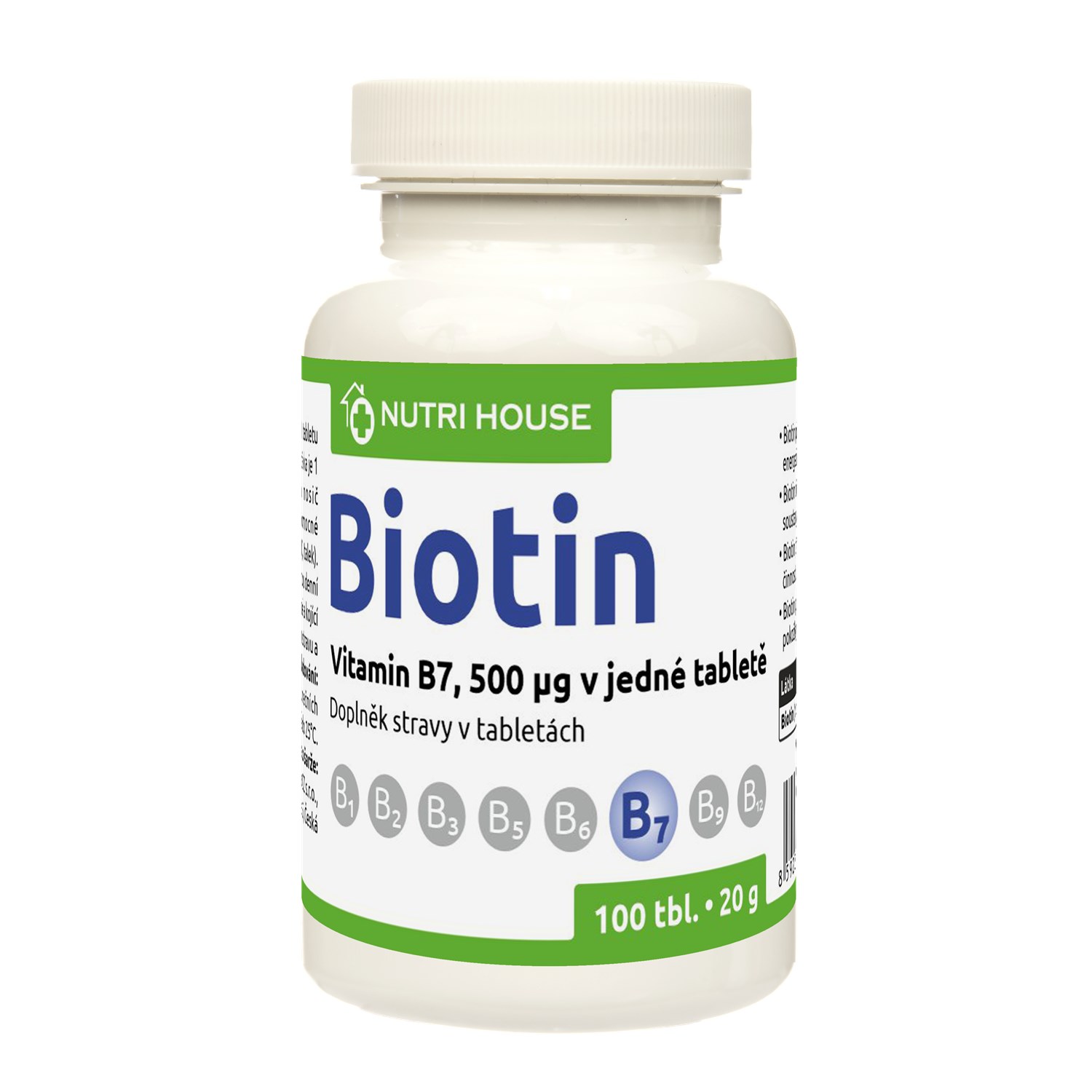
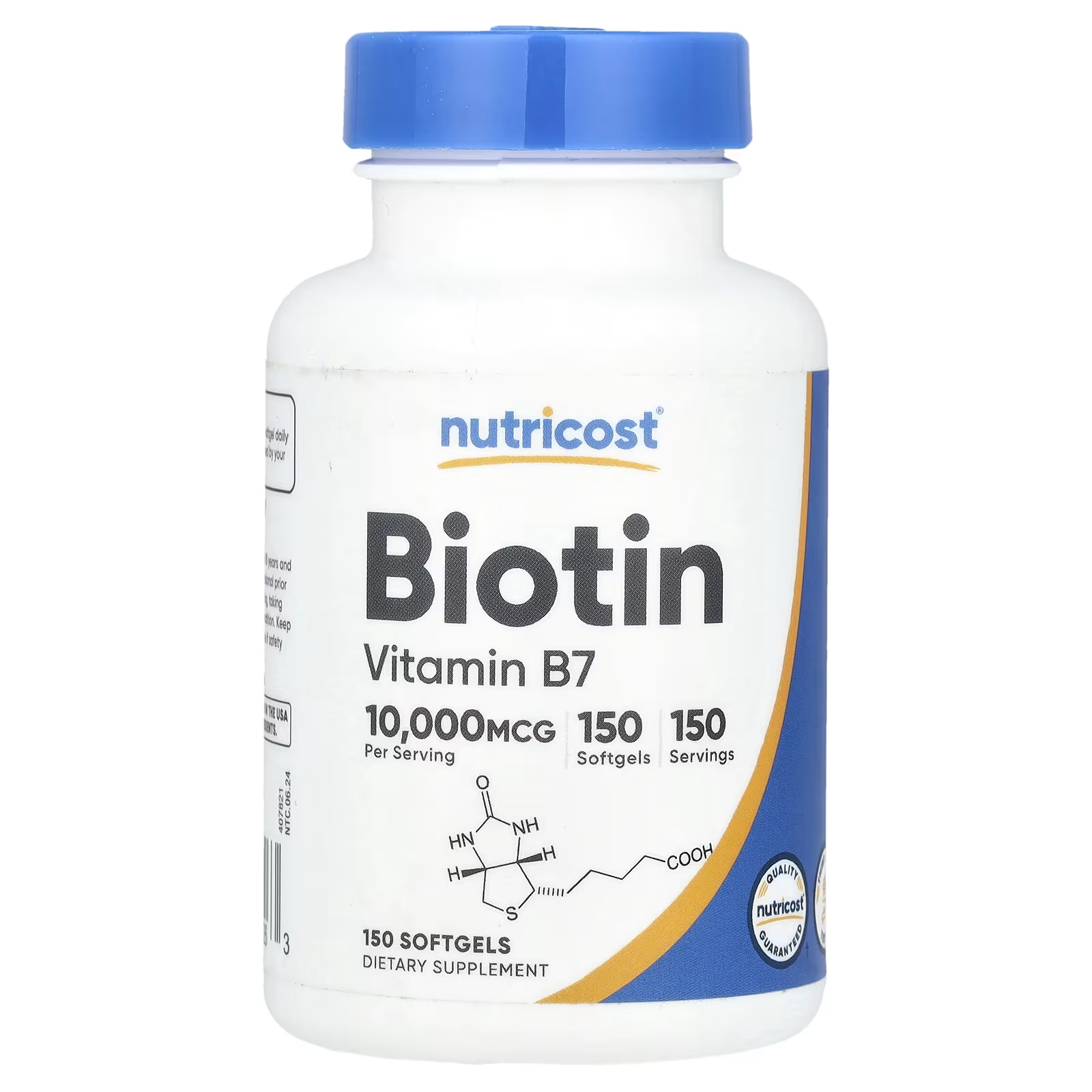
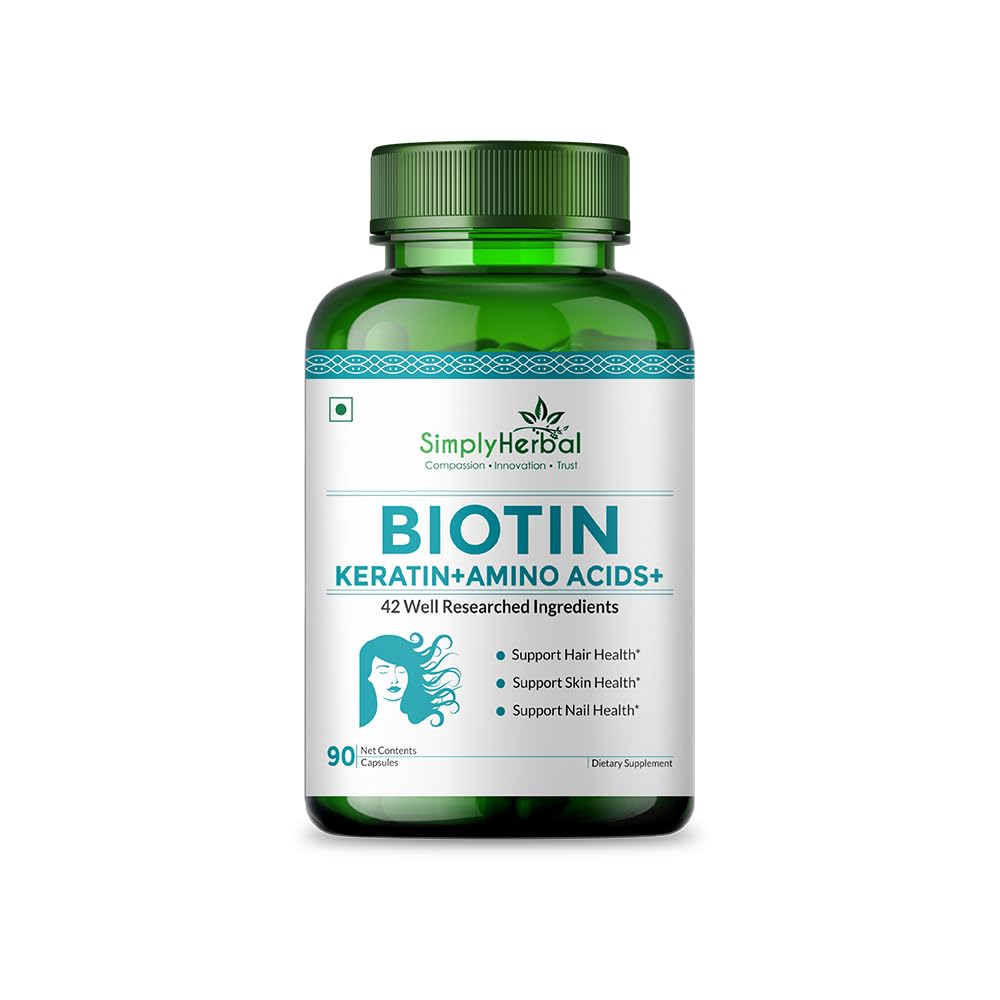
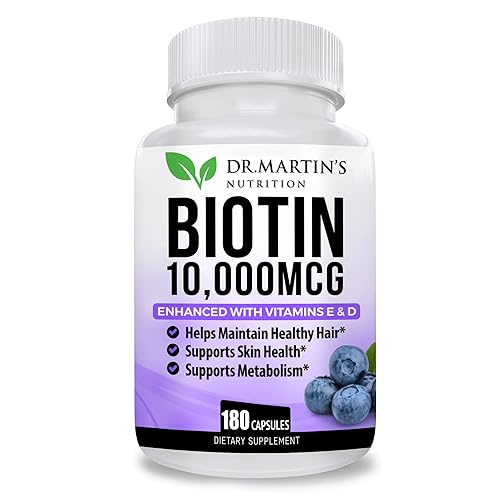
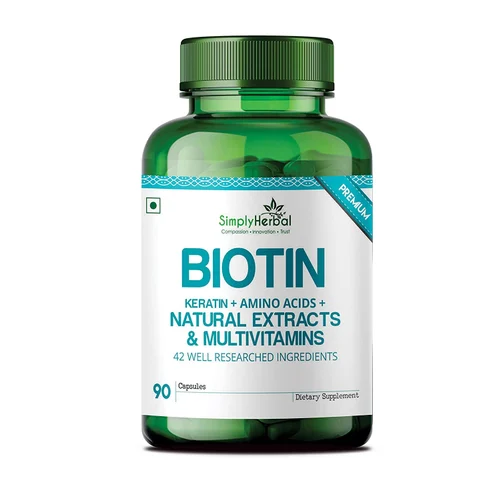
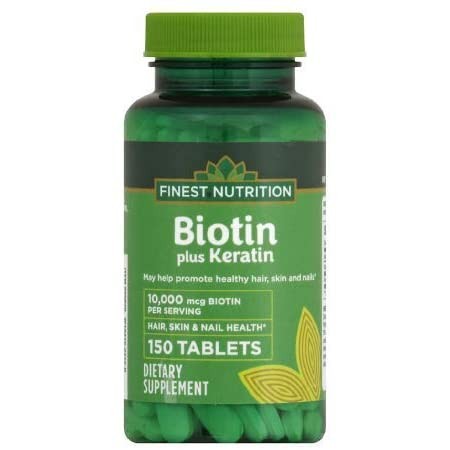
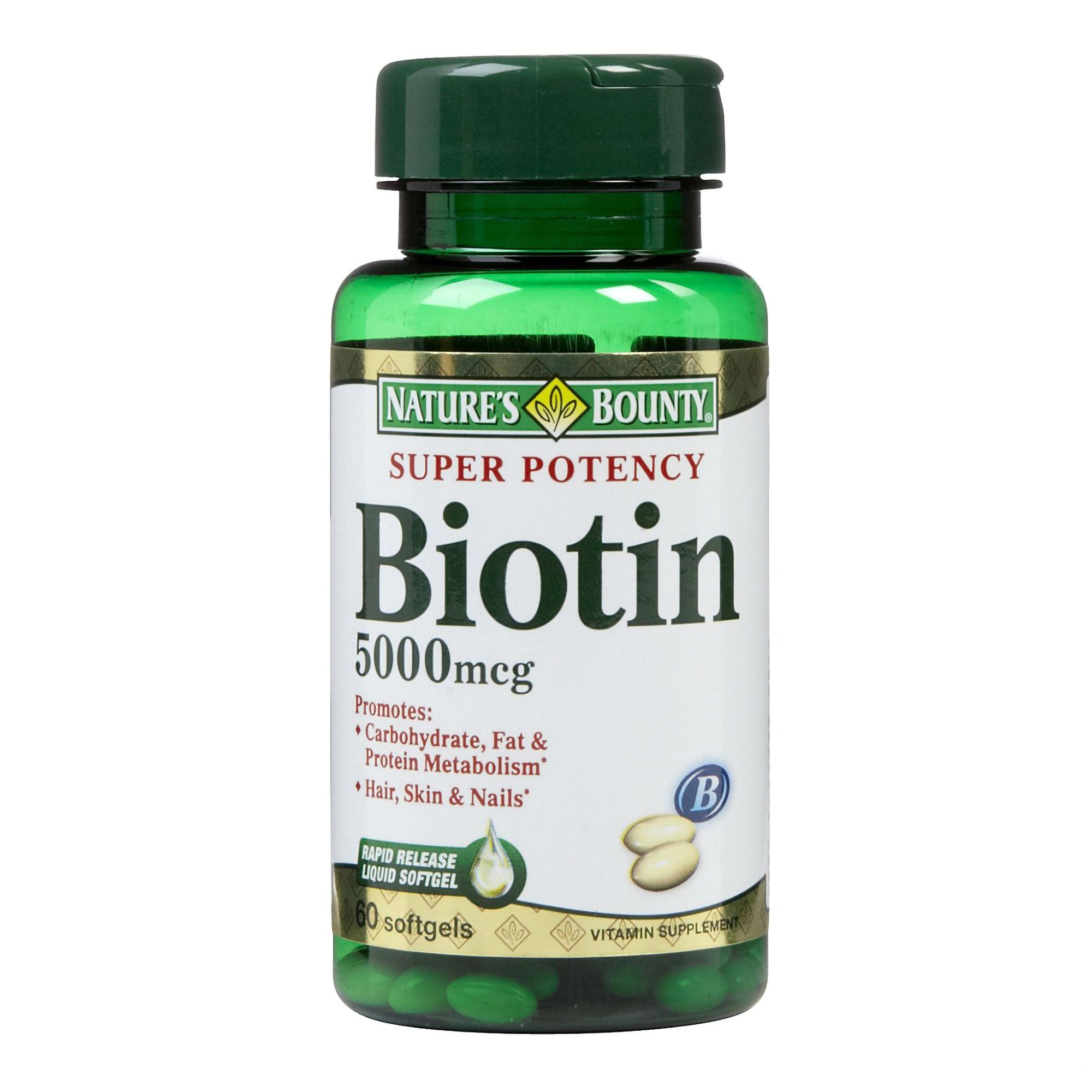
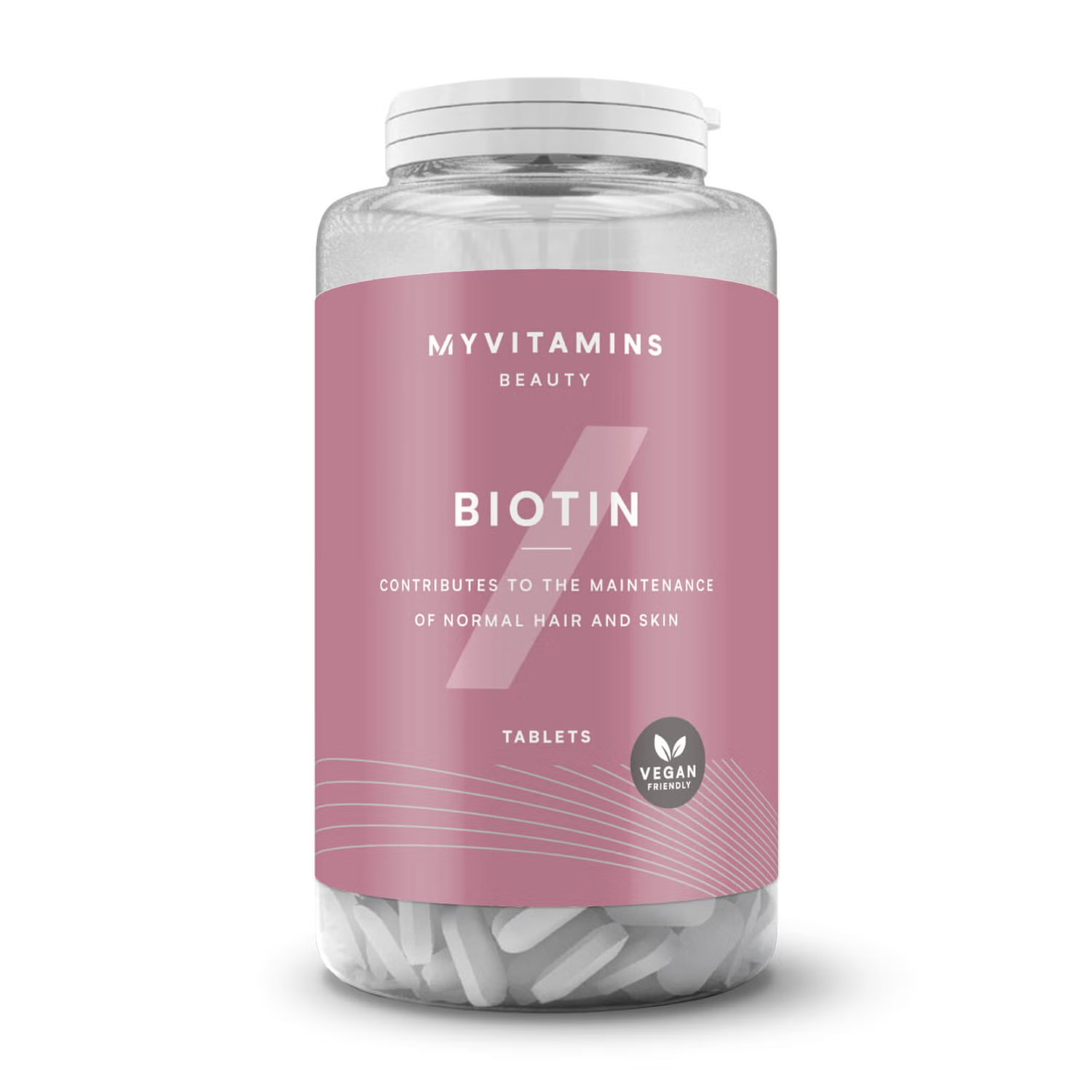
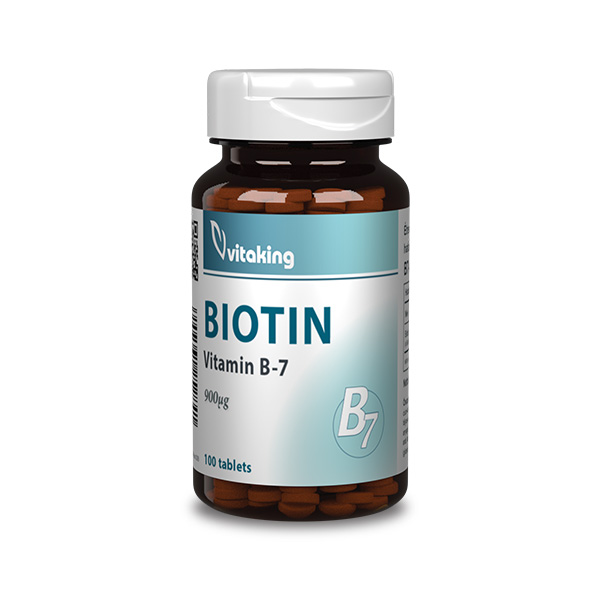
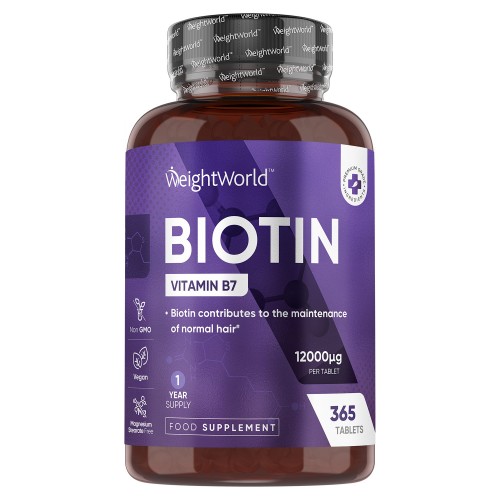
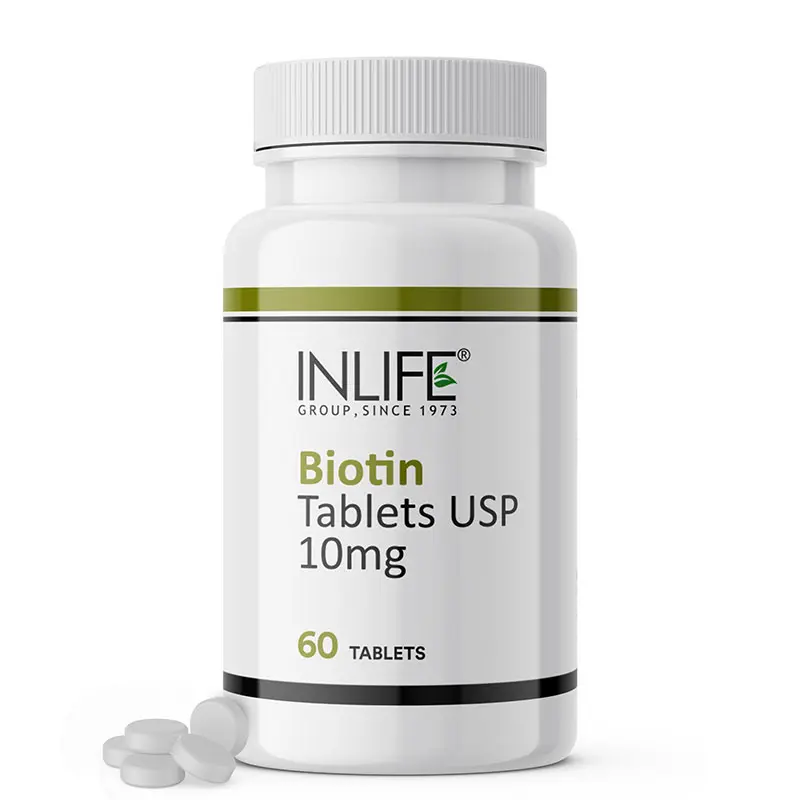
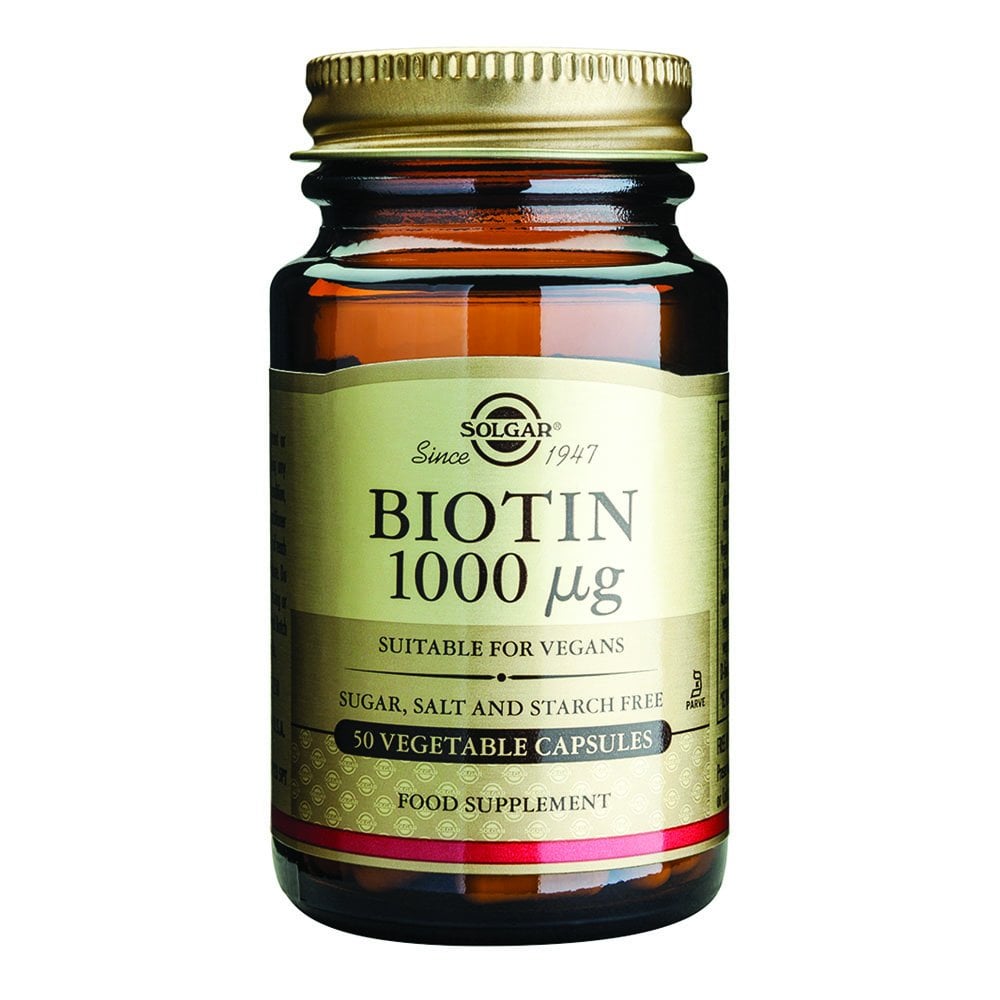




Reviews
There are no reviews yet.